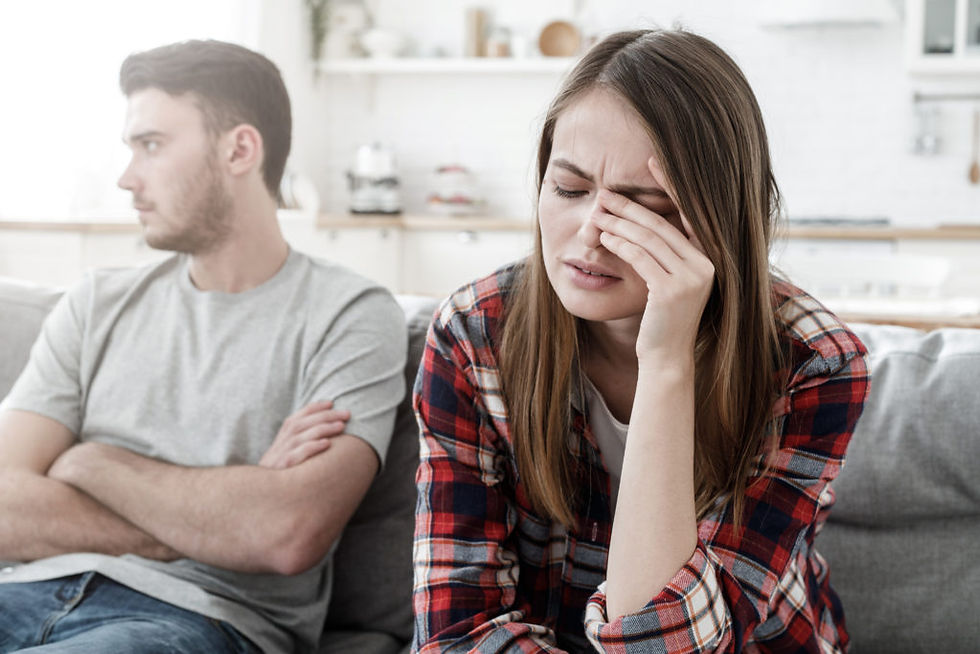Cultural Sensitivities in Psychosexual Therapy A Perspective
- Dynamic Clinic
- Sep 4, 2024
- 2 min read
In Dubai, a city characterized by its rich cultural diversity and rapid modernization, psychosexual therapy in Dubai must navigate a complex landscape of cultural sensitivities. Understanding and addressing these cultural factors is crucial for therapists to provide effective and respectful care to clients from varied backgrounds.
Cultural Diversity in Dubai
Dubai is home to a melting pot of cultures, with expatriates from across the globe living alongside a predominantly Arab population. This diversity impacts how individuals perceive and approach mental health, including psychosexual issues. Cultural norms and values shape attitudes towards sexuality, mental health, and therapy, necessitating a culturally competent approach to therapy.
Impact of Cultural Norms on Psychosexual Issues
Cultural norms in Dubai can influence how individuals experience and express psychosexual conflicts. For example, conservative views on sexuality may lead to reluctance in discussing sexual matters openly. Therapists must be aware of these sensitivities and approach discussions about sexual issues with tact and respect. Understanding cultural beliefs around gender roles, family dynamics, and sexual behavior is essential for effective therapy.

Adapting Therapeutic Techniques
To address cultural sensitivities, therapists in Dubai should adapt traditional psychosexual therapy techniques. Building trust is paramount, and therapists should take the time to understand each client’s cultural background and personal values. Techniques such as free association and dream analysis may need to be adjusted to align with the client's comfort levels and cultural expectations. Therapists should also be prepared to address issues indirectly if direct discussions about sexuality are challenging for the client.
Building Trust and Respect
Establishing a strong therapeutic alliance is crucial in Dubai's culturally diverse environment. Therapists should demonstrate cultural competence by respecting clients' cultural values and showing sensitivity to their personal beliefs. This involves active listening, avoiding assumptions, and engaging in open, non-judgmental dialogue. By fostering a safe and respectful environment, therapists can help clients feel more comfortable discussing sensitive issues.
Challenges and Solutions
Therapists may face challenges such as overcoming cultural taboos and addressing resistance to discussing psychosexual topics. To address these challenges, therapists can use culturally appropriate language, provide education about the therapeutic process, and offer alternative ways to explore psychosexual issues. Collaboration with cultural consultants or community leaders can also enhance therapists' understanding and approach.
Conclusion
In Dubai, psychosexual therapy must be delivered with a deep awareness of cultural sensitivities. By adapting techniques to fit the cultural context and building strong, respectful relationships with clients, therapists can provide effective and empathetic care. Understanding the diverse cultural landscape of Dubai ensures that psychosexual therapy is both respectful and relevant, ultimately fostering better outcomes for clients navigating their psychosexual issues.



Comments